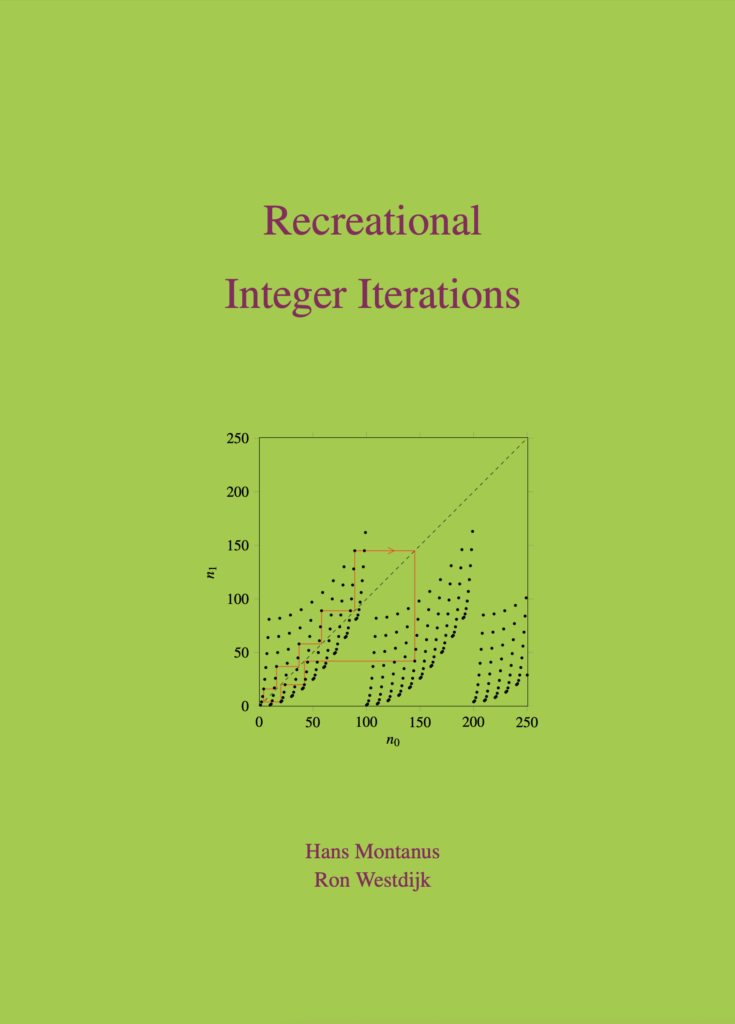Iterations are a fascinating realm of discrete mathematics that blend simplicity with complexity, offering both practical applications and intellectual curiosity. At their core, iterations involve repeating processes or rules applied to numbers, often leading to surprising behaviors and patterns. Some iterations, like numerical methods for finding roots of functions, serve clear mathematical purposes. Others, such as the Collatz iteration, capture our imagination simply because they are easy to understand yet remain stubbornly resistant to complete analysis. This duality—of being both accessible and enigmatic—is what makes integer iterations particularly alluring.
The allure of integer iterations lies in their simplicity: starting with a number and applying a set rule repeatedly can lead to intricate orbits, cycles, or even unexplored mathematical territories. For example, the Collatz iteration, which involves repeatedly applying a simple transformation to an integer, has captivated mathematicians for decades. Despite its straightforward definition, it remains unsolved whether all orbits eventually reach 1, as conjectured by Lothar Collatz in 1937. Similarly, other iterations challenge our understanding of number behavior, inviting us to explore their properties, patterns, and open questions.
The book “Recreational Integer Iterations” delves into the world of recreational integer iterations, presenting examples that showcase both classic problems and lesser-known variations. From the divisor sum iteration and its aliquot counterpart to the Kaprekar and squared digit sum iterations, each chapter offers a unique journey through the landscape of number theory. These iterations are not only mathematical curiosities but also provide opportunities for numerical exploration, allowing readers to search for records such as the longest orbits or the largest elements encountered during their evolution.The book is designed for high school students, undergraduate mathematics enthusiasts, and anyone with a passion for recreational mathematics. It is written in an informal, engaging style that emphasizes clarity over rigor, making complex concepts accessible without sacrificing mathematical integrity.
This book invites you to dive into the captivating world of integer iterations!
Open the pdf and read it for free.
